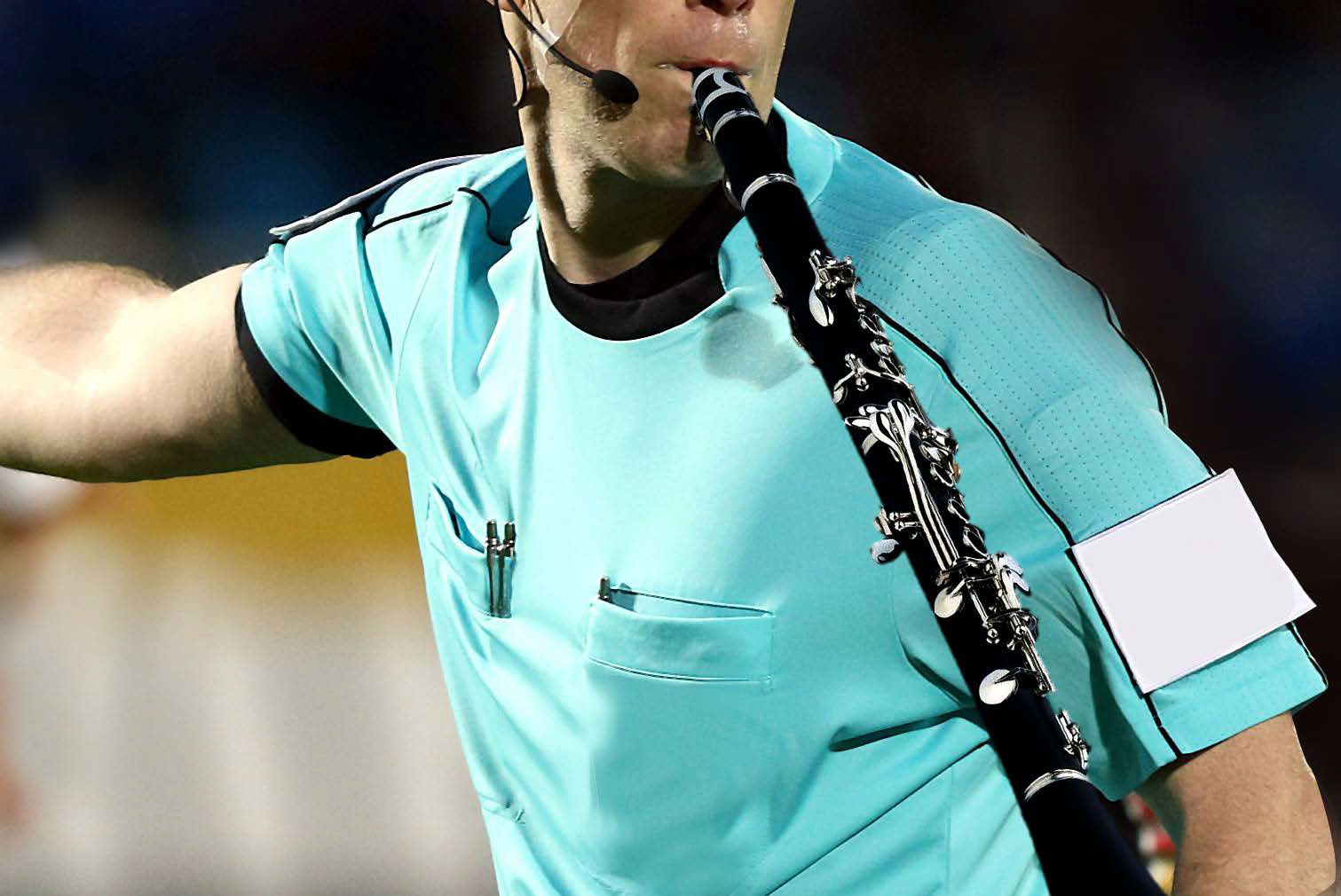9. – 11.11.2018, 4:3 Kammer Musik Neu, #1 – 2018
4:3 can be written on a football scoreboard, but 4:3 also stands for the frequency ratio of the pure fourth, it can name tension, rhythmic and majority ratios, it can describe spatial dimensions and musical formations – 4:3 always poses the question of constellation.
Since the middle of the 20th century at the latest, the string quartet in particular has established itself as the “royal class” of chamber music. Luigi Nono, on the other hand, had refused this genre for many years; it was not until 1980 that his string quartet “Fragments – Silence. An Diotima” was premiered. Perhaps Nono – as an emphatically political composer – was sceptical for a long time about a musical genre that in his time was more likely to be associated with conservative and less avant-garde or socially committed and critical attitudes? Nono described the fact that he finally decided in favour of this composition as an expression of a “contemporary state of experimentation”; he had discovered for himself a collective and political side of the delicate and private, the possibility of making a great rebellious statement with the smallest means. It is certainly correct to see the beginnings of European chamber music in the late Renaissance. However, this approach, which is interesting above all from a compositional or music-historical point of view, often neglects a more music-sociological perspective that can also describe chamber music in the tradition of musical cultures of assembly, music-practice networks and listening communities. With regard to European traditions, the beginning of the development of European bourgeois societies in the 18th and 19th centuries seems to be an interesting point of reference, as chamber music and literary salons could be named as formative and essential for this development and thus shed light on a socially relevant potential. Today, too, musical assembly culture is strongly anchored in our everyday life, but especially in the field of so-called serious or classical music – in contrast to developments in jazz, rock, electro- nic or punk, for example – the community-building origins of musical salon and chamber music culture mentioned above, and above all the aspects of the collective and the political emphasised by Nono, have faded. As a new format at HELLERAU, 4:3 will focus on chamber music, deliberately examining the collective and political aspects of the delicate and private and the possibilities of making a large, rebellious statement with the smallest of means; it wants to address the role of both the artists and the audience, to test out relationships of tension and space and to allow majorities and minorities to have their say. 4:3 will primarily present current compositions and younger ensembles and – together with the audience – be a platform for experiments and the development of communities of practice (Jean Lave/Etienne Wenger, 1991). 4:3 will be a long-term partner for young artists; in 2018, the Dresden Composers’ Class will present world premieres in cooperation with the Bozzini Quartet, and graduates of the International Ensemble Modern Academy will perform “Hölderlin Lesen” by Hans Zender, among other works. As two of the most exciting younger representatives of new musical collectives, Ensemble Adapter and Ensemble Decoder will be guests at 4:3 in 2018. Adapter is a German-Icelandic ensemble for new music based in Berlin. The core of the group is a quartet of flute, clarinet, harp and percussion. With a progressive and powerful style, the musicians devote themselves to an individual and international repertoire of contemporary music in concerts and in the studio, questioning the concept of chamber music in experimental settings. They share their knowledge of composition, study and performance of contemporary music with composers, instrumentalists and other creative people worldwide. Ensemble Decoder, founded in 2011 in Hamburg, sees itself as a “band for contemporary music” and is one of the most innovative and unpredictable representatives of the international new music scene. The formation, consisting of electronic and acoustic instruments, is characterised by a particularly energetic sound, which clearly sets it apart from the sound of conventional chamber music groups and playfully and with great seriousness breaks down seemingly self-evident role understandings between audience and musical actors. Central to Decoder is the collaboration with composers of the younger generation – such as Brigitta Muntendorf, who will curate Decoder’s concert programme for HELLERAU.
Moritz Lobeck
Programme Director Music and Media
Info and tickets
Kammer Musik Neu
With the kind support of the Ernst von Siemens Music Foundation and the Hans and Gertrud Zender Foundation.


